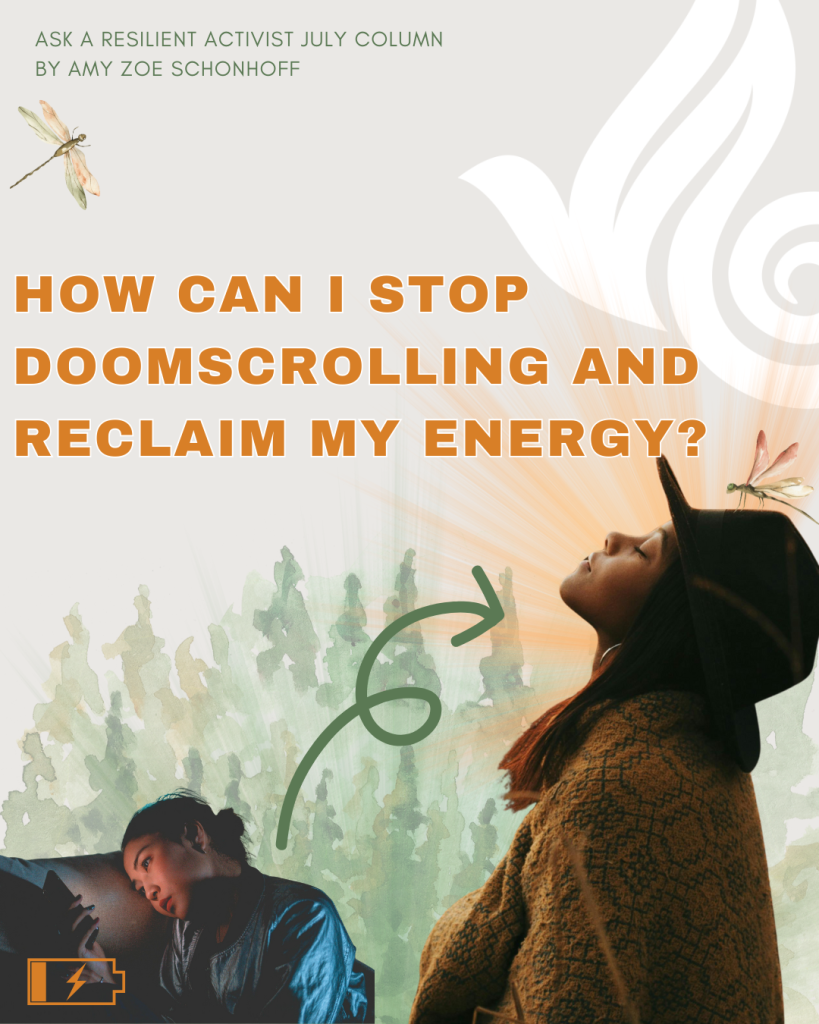“It’s my firm conviction, now more than ever, that the degree to which we are able and willing to struggle for ownership of our attention is the degree to which we are free.“
― James Williams

For generations, traditional consumerism has shaped our lives by convincing us to buy more—more products, more conveniences, more symbols of success—on the promise that all this stuff will finally make us feel fulfilled.
This “religion of consumerism” thrives on our very human need for belonging and identity, driving endless consumption that, like a duplicitous lover, leaves us feeling empty so we keep coming back for more.
Today, we’re seeing a similar pattern play out in a subtler, more insidious form: the trade in our attention. Instead of just selling us things, this economy is all about capturing our curiosity, outrage, and longing for connection—and turning them into profit.
Every notification, ad, news alert, and social media post is really a bid for our focus, which has become one of the most valuable (and limited) commodities in the modern world.
The idea of attention economics—a term coined by economist and psychologist Herbert A. Simon—explains how in this Digital Age of nonstop information, attention has become the limiting factor. In other words, it’s not that we don’t have enough to read or watch; it’s that we don’t have enough bandwidth to take it all in.
Whether driven by capitalism or the economics of attention, the result is often the same: depletion, distraction, and that creeping sense that no matter how much we consume—whether it’s stuff or information—it’s never quite enough. Or maybe more accurately, we’re never quite enough.
This scarcity mindset doesn’t just wear us down individually; it seeps into our culture and our communities.
The Consequences of Too Much Information
Getting sucked into the constant competition for our attention isn’t harmless. It has real effects on our minds, our hearts, and our lives:
- Our focus gets fragmented.
A growing body of research shows that the more time we spend on social media, the more our capacity for sustained attention declines. This doesn’t just affect our productivity—it can limit the depth of our engagement with daily life. - We feel emotionally drained.
Constantly consuming distressing or overwhelming information spikes our stress levels. Without boundaries, it can lead to “compassion fatigue” and burnout. - We lose touch with what really matters.
Chronic distraction pulls us away from activities that nourish us and from the people we love. It can even become a way to avoid parts of our lives that truly need our care and attention. - We trade real connection for shallow interactions.
Heavy reliance on social media often replaces richer, more satisfying relationships with a steady drip of likes and comments. - We start comparing ourselves to everyone else.
All that scrolling breeds a sense of inadequacy and can fuel spending habits that empty our wallets faster than they fill any emotional void.
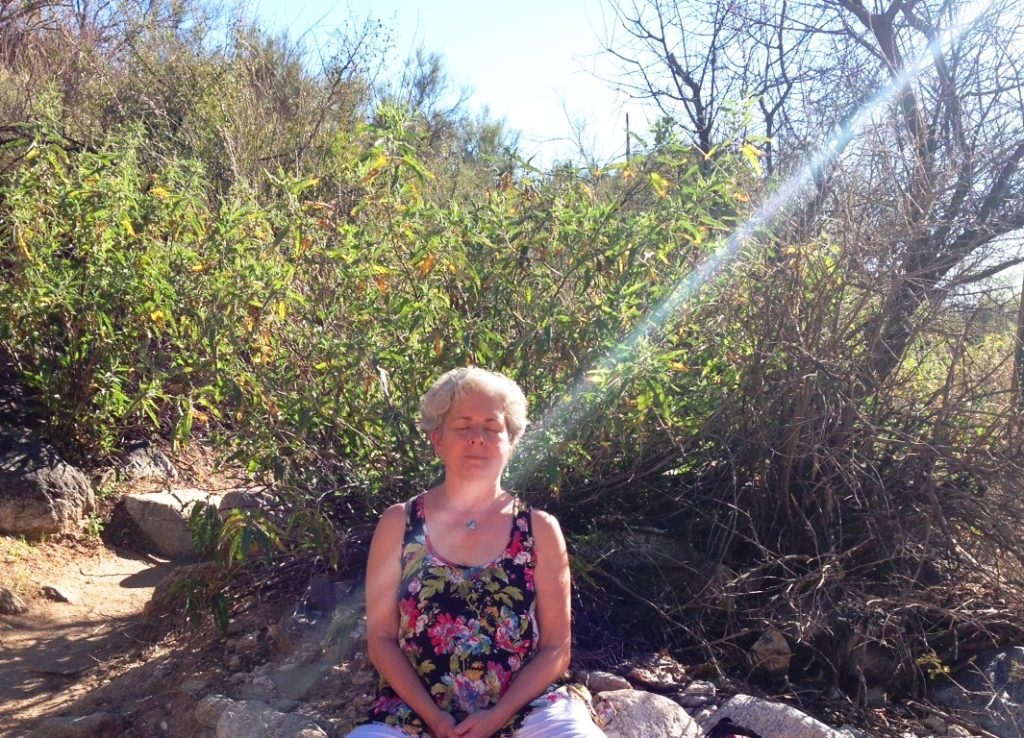
Mindfulness—A Tool for Reclaiming Your Agency
Like many people, I know firsthand how easy it is to slip into these patterns. I’ve spent more hours than I’d like to admit doomscrolling news stories, hunting for the best price on the next “must-have” item, and trying to keep up with all the curated content on social media. These habits only got more established during the pandemic.
But here’s the thing: we’re not powerless in this media-drenched environment. Even when our attention is pulled in a thousand directions, we still have a choice. Where we place our focus—and how we respond to all these demands—is largely up to us.
Mindfulness offers a path back to that choice. As Jon Kabat-Zinn puts it, mindfulness is “paying attention in a particular way: on purpose, in the present moment, and non-judgmentally.”
It’s a practice that can help us step off the hamster wheel and reconnect with what matters most.
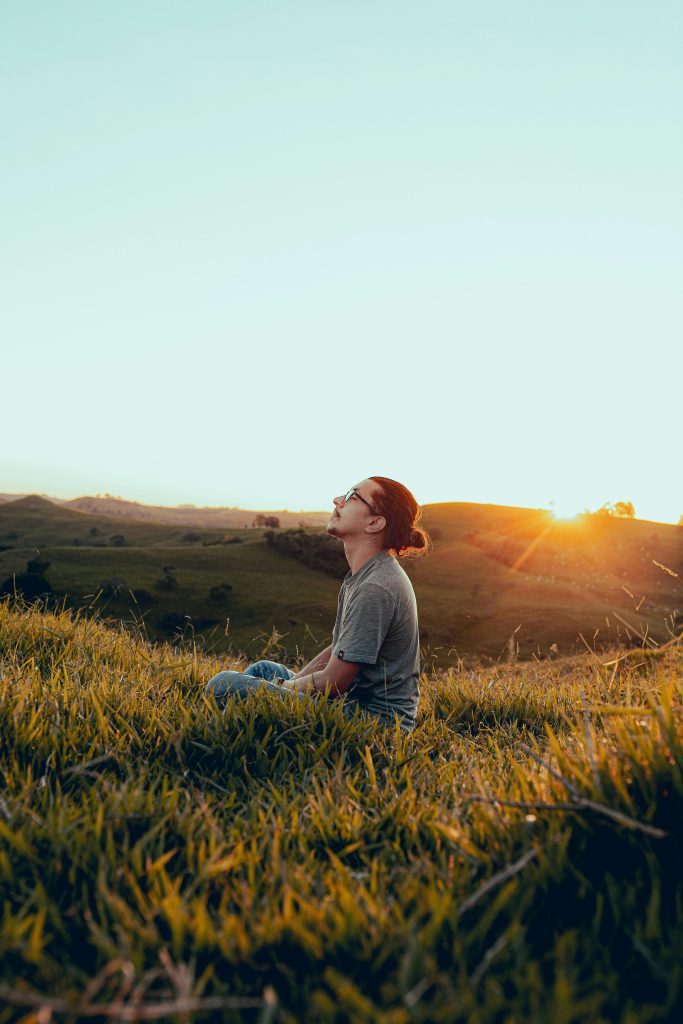
How Mindfulness Counteracts Attention Thieves
Building our attentional capacity is at the heart of mindfulness. When we’re being mindful, our minds aren’t drifting aimlessly from one distraction to the next or running on autopilot. We’re intentionally bringing our awareness to what we’re doing, as we’re doing it.
This capacity grows through regular practice—especially meditation.
Over time, meditation strengthens our ability to notice when our minds wander and gently bring them back to the present moment.
That skill doesn’t just stay on the cushion. It follows us into everyday life, helping us catch ourselves when we slip into mental loops about the past, the future, or reviewing our endless to-do lists.
When it comes to technology, these same skills can help us notice when our media consumption is creating anxiety or fatigue. We can recognize those automatic urges to check our phones. And maybe most importantly, we can pause—creating a little breathing space between the next shiny object and our impulse to engage with it. That’s where our agency lives.
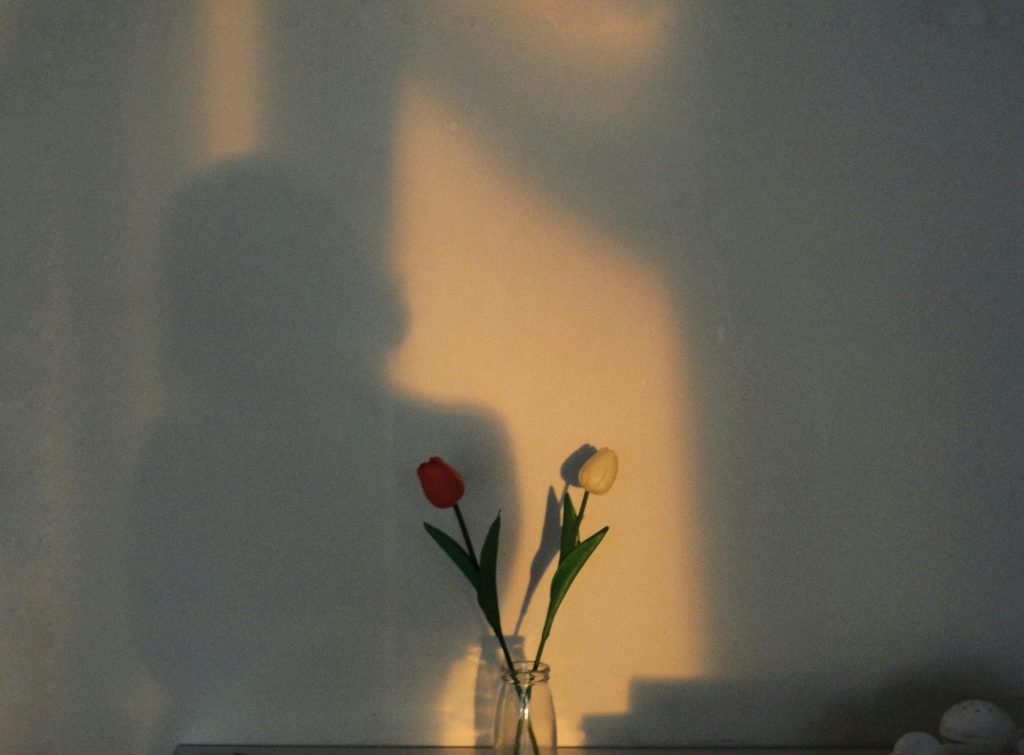
Practical Strategies to Regain Your Focus
Here are a few ideas to start reclaiming your attention:
Set Intentional Boundaries with Media
- Use tools to limit notifications.
- Schedule regular offline time.
- Set time limits on your media use.
Practice Mindful Media Consumption
- Before you dive in, ask yourself: Is this the right time? Is this source trustworthy?
- While you’re reading or scrolling, check in with how you’re feeling. If you’re getting overwhelmed, take a break.
Lean on Community Support
- Spend in-person time with people who fill your cup.
- Make gentle agreements with friends or family to help each other notice when media habits are getting in the way of real connection.
Questions to Reflect On and Revisit
- What do I tend to anchor my attention to in the media landscape?
- How does this affect my energy, mood, and sense of purpose?
- What am I actually gaining from this content item?
- What do I most want to give my attention to?
- What’s one small step I can take this week to be more intentional with my media consumption?
Reclaiming the Power of Choice
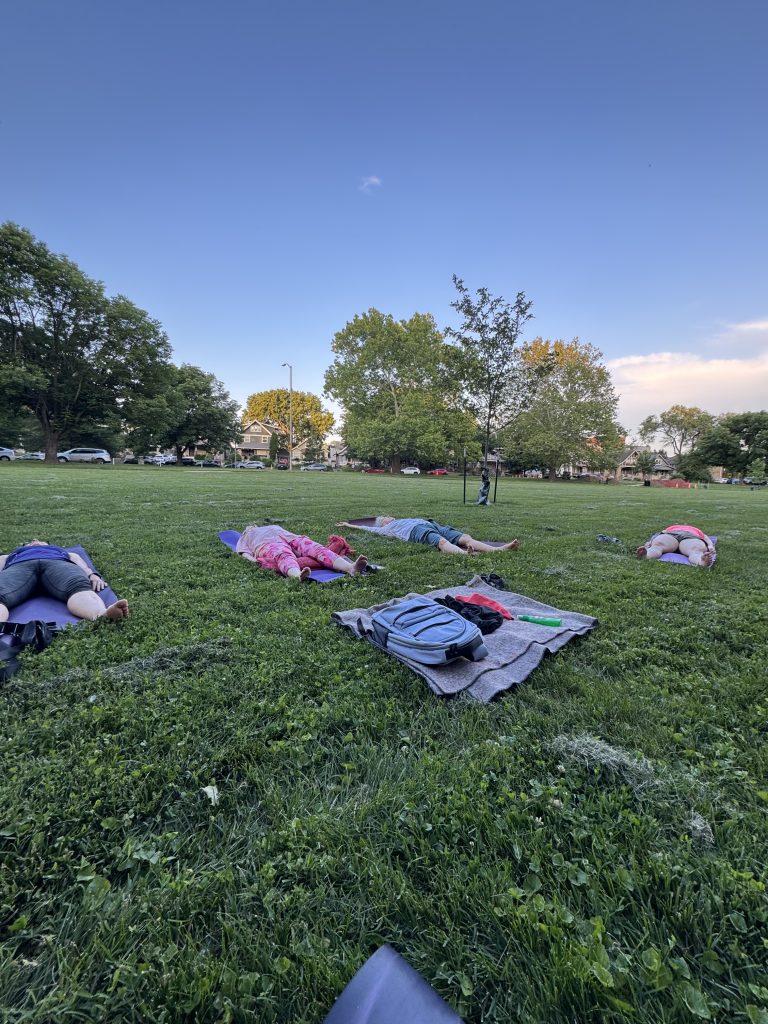
There’s no denying it—we all benefit from the incredible advances of the Digital Age.
Technology has made it easier to stay connected—especially during times like the pandemic when physical distance could have left us feeling isolated. It’s helped us process information faster, work more efficiently, and even discover communities we never knew existed.
But with all this progress comes a new challenge: our attention has become a commodity in a hyper-saturated media environment. Every scroll, click, and swipe is part of an invisible bidding war for our focus. Social media, news platforms, advertising, and apps are all carefully engineered to capture—and monetize—every spare moment of our awareness.
In some ways, this deluge of information is a lot like the empty calories of junk food. Just as processed snacks can trick our bodies into feeling full without nourishing us, salacious headlines and endless feeds can keep our minds busy without ever truly feeding our deeper needs.
And in this time of sweeping systemic change and uncertainty, where and how long we place our attention has huge implications. What we focus on shapes not only how we interpret what’s happening around us, but also how we respond to the challenges in front of us—personally and collectively.
That’s why mindfulness matters so much right now. It gives us the tools to step back from the noise, to notice our habits, and to cultivate the capacity to focus on what truly matters. It helps us remember that even in a world clamoring for our attention, we still hold the power of choice.
Because ultimately, reclaiming our attention isn’t just about productivity or calm—it’s about freedom. Freedom to engage with our lives and our communities in ways that feel intentional, meaningful, and aligned with our values.
So if you do just one thing this week, let it be this: pause, take a breath, and ask yourself—Where do I want to place my attention now?

“When people are disconnected from nature, they feel less able to create positive change in their lives and communities. Our nature-based programs help people be replenished by the Earth and connected to a wider community of others who care about it as much as they do.” – The Resilient Activist
If you live in the Kansas City area and are looking for ways to break away from the digital universe, be in community, and “touch some grass” as my kids would say, consider joining The Resilient Activist for one of our nature-based programs or upcoming retreat.
